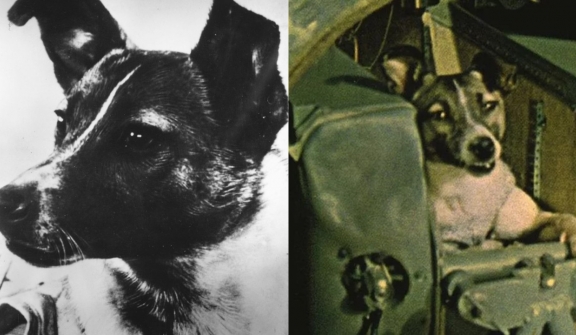
A dog was launched into space aboard the Soviet satellite Sputnik 2, capturing global attention.
Sadly, tragedy struck shortly after the launch, and the fate of the dog remained a mystery for many years. This is the story of Laika, the pioneering space dog.
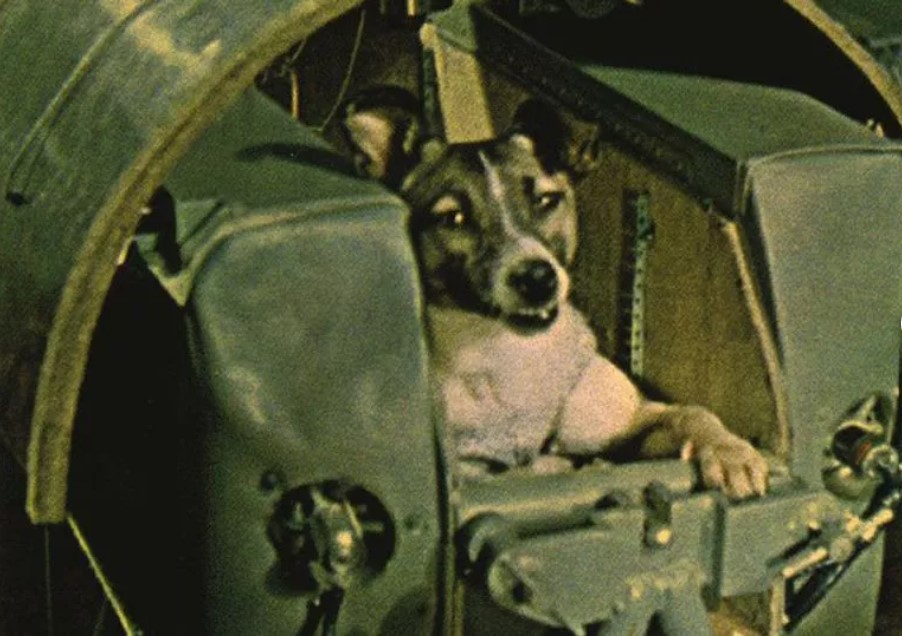
On November 3, 1957, Laika wrote her name in history as the pioneering space dog, becoming the first animal to be launched into orbit aboard the Soviet satellite Sputnik 2.
Laika was not your typical space traveler. She was a small, calm-mannered mixed-breed dog weighing just 13 pounds and approximately two years old.
Before her space mission, Laika, the pioneering space dog, had a humble origin. She was one of the stray dogs found on the streets and chosen to be part of the Soviet space program.
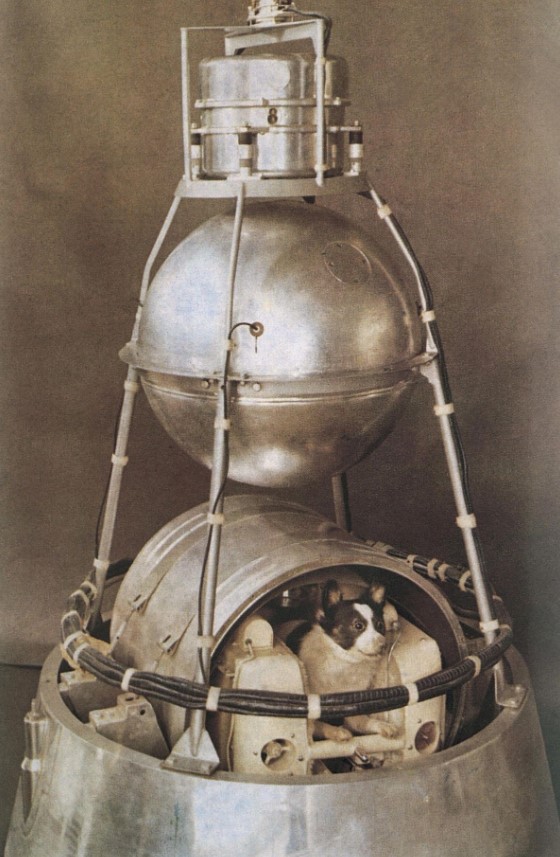
This selection would ultimately lead her to become the first animal to journey into orbit aboard the Soviet satellite Sputnik 2.
Soviet scientists chose female dogs for space missions because their small size was better suited for spacecraft.
Laika, a female dog, underwent training to adapt to small spaces and eat jellied food for weightlessness.
Following the launch of Sputnik 2, Laika skyrocketed to global fame, and the satellite itself gained the nickname 'Muttnik' in the media.
The spacecraft was shaped like a cone and stood four meters tall. It weighed about 1,100 pounds and had multiple compartments.
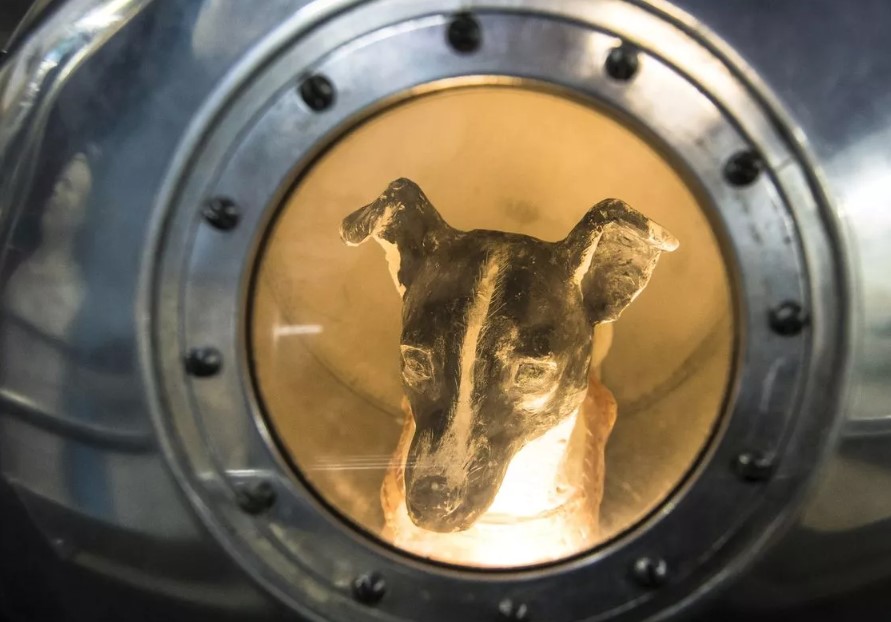
One notable feature was a separate sealed cabin designed specifically for Laika to stay in during the mission.
Despite initial reports suggesting that Laika survived for several days before being euthanized with poisoned food, Russian scientist Dimitri Malashenkov dismissed these claims in 2002.
Laika tragically passed away due to overheating and panic shortly after the launch.
Her pulse skyrocketed during take-off and remained high even in the weightless environment of space, revealing the significant challenges she encountered.
Although Laika's story ended tragically, her impact continues to endure.
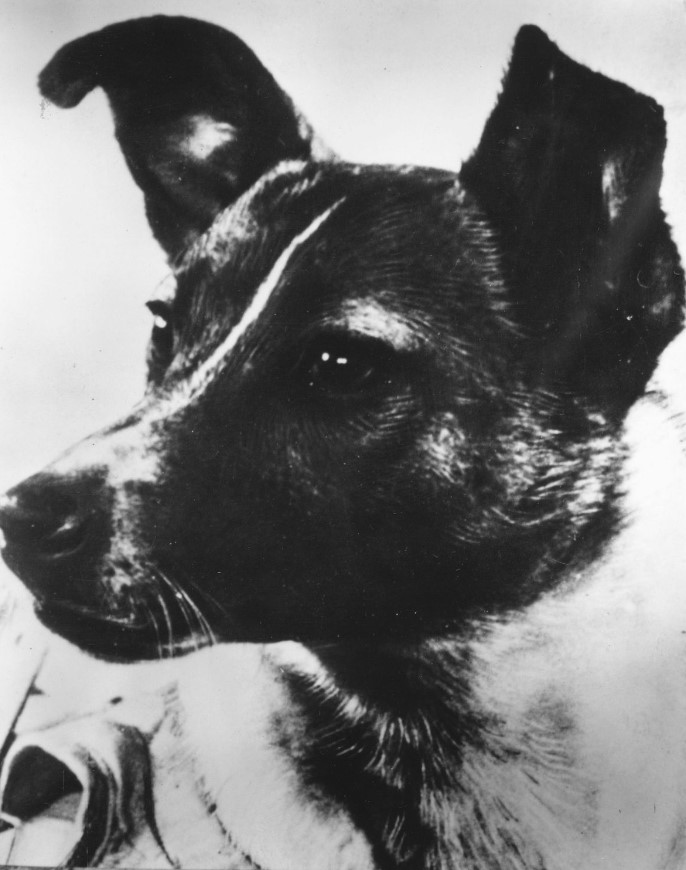
Laika's name, which means "bark" in Russian, has become a symbol of bravery. In 2008, a small statue was placed in Moscow as a tribute to honor her courageous journey.
Since Laika's mission, various animals, including ants, cats, frogs, and even jellyfish, have been sent into space.
After Laika's journey, a total of 32 monkeys, including squirrel monkeys, pig-tailed monkeys, and chimpanzees, have also been sent into space.




